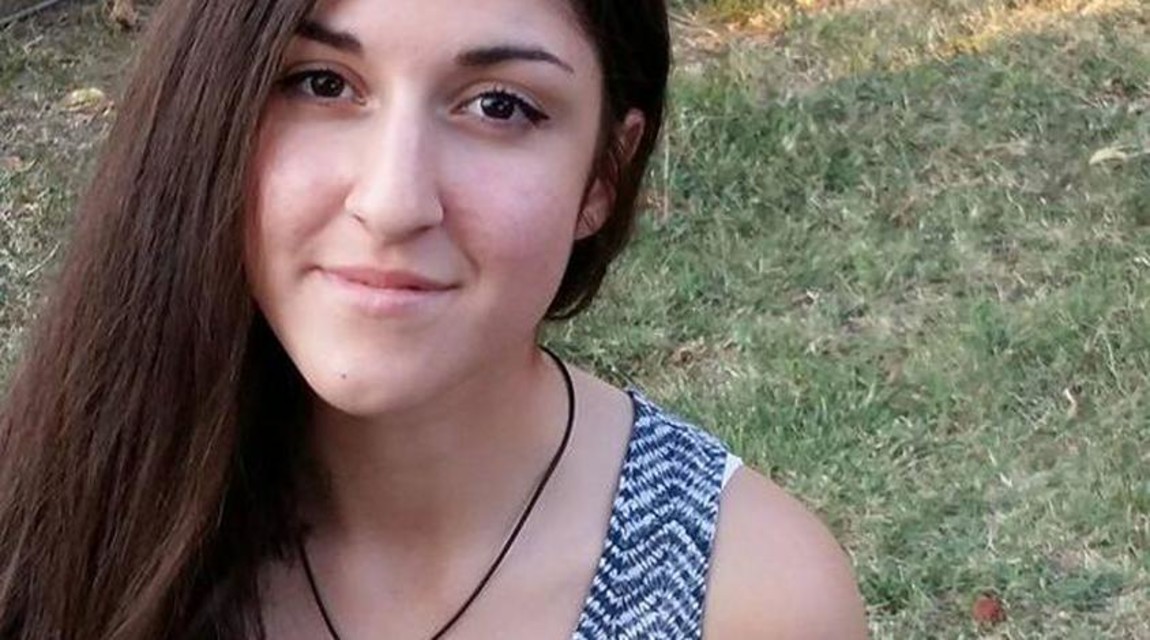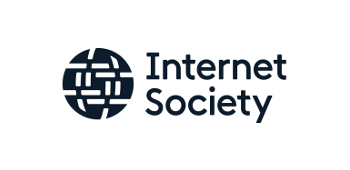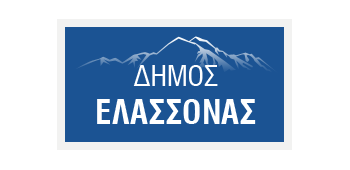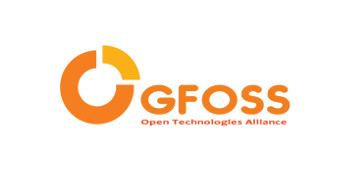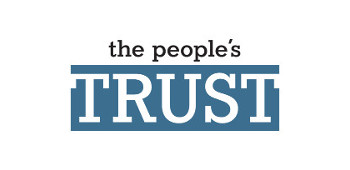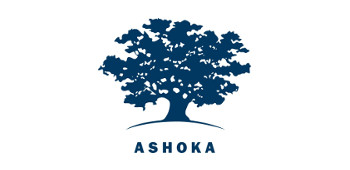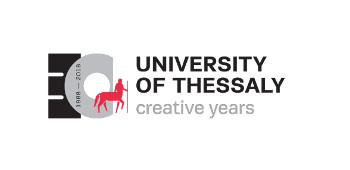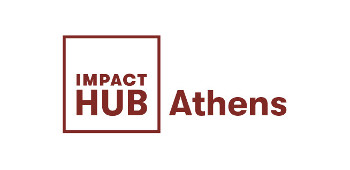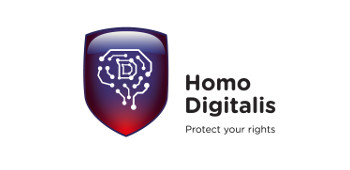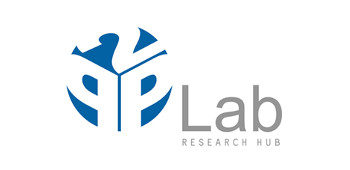We are pleased to host on our website a chat with Ms. Ioanna Boubounara from Flambouro Elassona, a student who has managed to excel in this year's Panhellenic exams and to be admitted at the School of Health Sciences of the Aristotle University of Thessaloniki without an hour of private tutoring. The use of the internet and easy and quick access to it seems to be a catalyst in this endeavor. But let her speak by herself:
G.K.: First of all, welcome Joanna, tell us a few things about you. How old are you, where did you grow up, where did you go to school, where do you stay now, what interests you?
I.M.: My name is Joanna Boubounara and I'm 18 years old. I come from Flambouro Elassonas, I grew up there and currently live in Thessaloniki, where I study medicine at the Aristotle University, School of Health Sciences. I graduated from the Lyceum classes of Kallithea High School with the aim of passing to some of the schools of Health Sciences.
G.K.: For a few years now, in your village, there is an open internet access by the Sarantaporo.gr wireless community network. Are you using it?
I.M.: I have been using the Sarantaporo.gr community network ever since members of the Sarantaporo.gr team installed it in my village in collaboration with local residents. Prior to using the Community Network, I had access to the Internet through a known commercial company. However, the signal in the village from this company's network was quite weak, making it difficult to navigate fast. This problem no longer exists through the Sarantaporo.gr community network. During my preparation for the Pan-Hellenic exams, the internet was of course an important help. First of all I was given the opportunity to download additional material for each lesson, such as difficult exercises, exam topics, competitions and other that were complementary to deeper understanding and reinforcement of the subject matter. I also used the internet to keep up to date with news, announcements, and everything related to Pan-Hellenic exams. Another very important thing that would not have been possible to achieve to the maximum without the use of the internet was to communicate with my teachers. In particular, we were in constant contact through an online classroom where we shared useful material and solved any queries on the course. This online class has been able to fill the gaps created by the limited time devoted to the subjects examined by the school.
G.K.: Why do you believe that your village and other remote villages in the province all over Greece do not enjoy modern telecommunications infrastructure?
I.M.: Those living in remote areas, far from large urban centers, often have problems with telecommunications infrastructure. This is due to the fact that there is usually not enough coverage (antennas etc) in these areas and so in some cases it is difficult to find a signal, either for talking on a mobile phone or connecting to the internet. On the contrary, people in cities enjoy comfortable and much faster telecommunications facilities. A very good answer to this problem is the collaborative development of a community network, namely a sharing network developed by its users themselves, home to home, neighborhood to neighbourhood, village to village, thus bringing the coveted fast internet connection to their own area. Thus, access to the internet for the villagers is now easy, fast and extremely economical, as the effort and the costs of developing and operating such a shared network are shared between people.
G.K.: Were there any online tools that helped you during your preparation for the Pan-Hellenic exams?
I.M.: My preparation for the exams was mainly based on the help of my school, namely my teachers. My effort has been supported by some online tools. As I said before, I was a member of an online class organized by one of my teachers, Mr. Orfanakis Stylianos, a physics teacher in the junior high school of Kallithea, in order to best prepare us for his lesson. His move was commendable because he devoted a lot of time to that end. Social media, like Facebook, was a way to reach out to my classmates and teachers. I also had access to a huge range of educational material, including scientific websites, exam topics, lecture videos, exercises, and useful information.
G.K.: Can you describe one day of your daily life as you prepare for the Pan-Hellenic exams and during your holiday in the village? What are the pros and cons of staying in the village?
I.M.: The days were quiet in the village during my preparation. In the mornings I went to school and at noon, when I was returning home, I made sure to rest so that I had the strength and a clear mind to devote myself to reading later. The afternoons were dedicated to my lessons. I usually read until early in the evening, with short breaks. I didn't get used to reading overnight, because I'm not very productive at night. In the evenings, then, I usually did something to get away and relax. Most of the time I was listening to music, talking to my friends or reading an extracurricular book. When I found time (very rarely) I went for a walk with friends for coffee or food in the nearby villages.
During the holidays, my village really comes alive. The holidays are a great opportunity for Flambourians who live in other cities to visit the village, bringing most of them together with their children. In these times, the presence of youth in the village is intense. In fact, lately the young people have organized and are preparing various celebrations for the inhabitants of the village and the neighboring villages. So, we have fun with traditional music, plenty of food and drink and endless fun.
Flambouro is a village with few residents and no shops. Most of the time it’s quiet, calm and relaxed rhythms dominate. Compared to young people living in cities, we do not have many amenities, facilities and options for extracurricular activities. However, there are such in the nearest cities, Elassona or Larissa. If you miss the "luxuries" of the city, the village compensates you with its natural beauty, its warm and hospitable world and the pure oxygen that cleanses the mind. All of this can work as a natural anxiolytic "medicine" that makes you forget about obligations, problems and anxiety.
The village has now managed to "modernize" with the development and use of the Community network. Communication, entertainment and information are available. Additionally, one can use the Internet to complete payments, arrange bills, order products, and more. As for the primary sector, the internet can support it. Professionals and workers in the field have the opportunity to be informed on the most effective and up-to-date techniques in order to pursue optimum and maximum production. They can also organize themselves into online cooperatives to communicate and claim their rights. Finally, the internet provides the opportunity to advertise products of primary production.
G.K.: How have the other villagers accepted the development of the Sarantaporo.gr community network in your village? Do they believe it has something to offer in their daily lives?
I.M.: The majority of residents have maintained a positive attitude towards the development of the Community network. Every family and every young person in the village uses the community network and of course everyone thinks it is an indispensable tool in our daily lives. The elderly people of the village, however, are not familiar with the use of telecommunications and are reluctant to use them because they find no application in their lives. For younger people, the internet is useful and offers a range of features and amenities.
G.K.: Given the recent crisis in our country, how do you personally see your future, as well as the situation in the region where you grew up and in our country in general? Are you optimistic about the future?
I.M.: As for my future, nothing is certain and predetermined. Achieving a single goal is not enough to ensure further future success. It takes vigilance and constant effort. I think that a new, much more important and difficult fight is now beginning. Timely completion of my studies is the next goal for me. I try not to be disappointed by the difficult conditions in the country and to focus more on the present. So, at least I want to take advantage of the opportunity I am currently given for learning, knowledge and spiritual development. I am positive and optimistic about the future of my village and the wider area. Although it is a remote area, which is called upon to face many difficulties, there is hope for eliminating these difficulties and for enhancing its natural wealth. The effort made in recent years by Sarantaporo.gr team to familiarize the people of the region with new technologies through community networks feeds this hope. New technologies can really help the primary sector. This is something that all farmers and livestock farmers in the region should recognize and take advantage of the opportunities given to them to improve their working conditions and benefit themselves financially.
G.K.: Ioanna, thank you very much for this interview. We wish you progress and a life full of success and happiness.
I.M.: Thank you too. Good luck to you and your effort.



